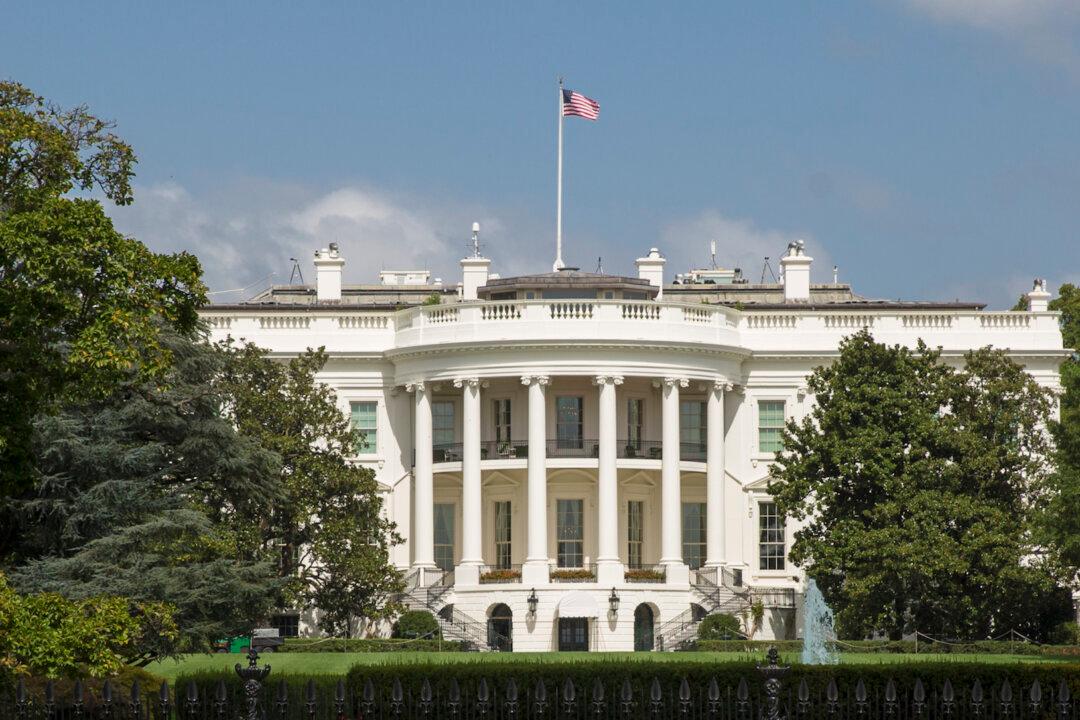After months of deliberations, President Donald Trump announced today that he will not recertify the Iran nuclear deal and will impose additional sanctions on the Iranian regime for their support of terrorism.
The United States will stay in the nuclear agreement for now while it tries to renegotiate part of the deal, or reach a separate agreement that addresses problems that the original deal did not cover.




